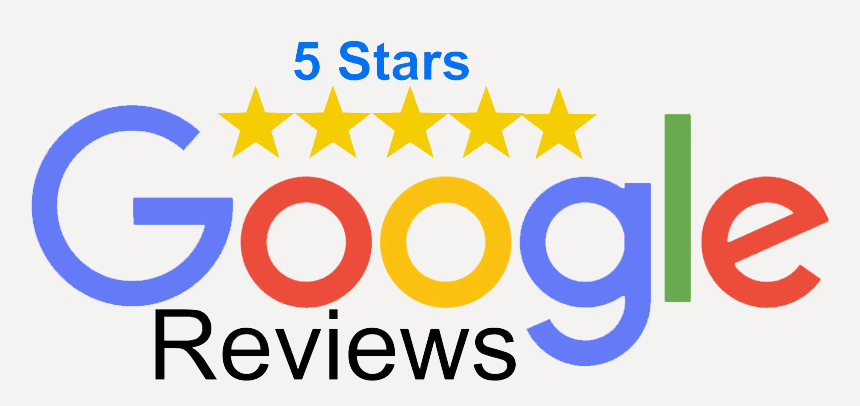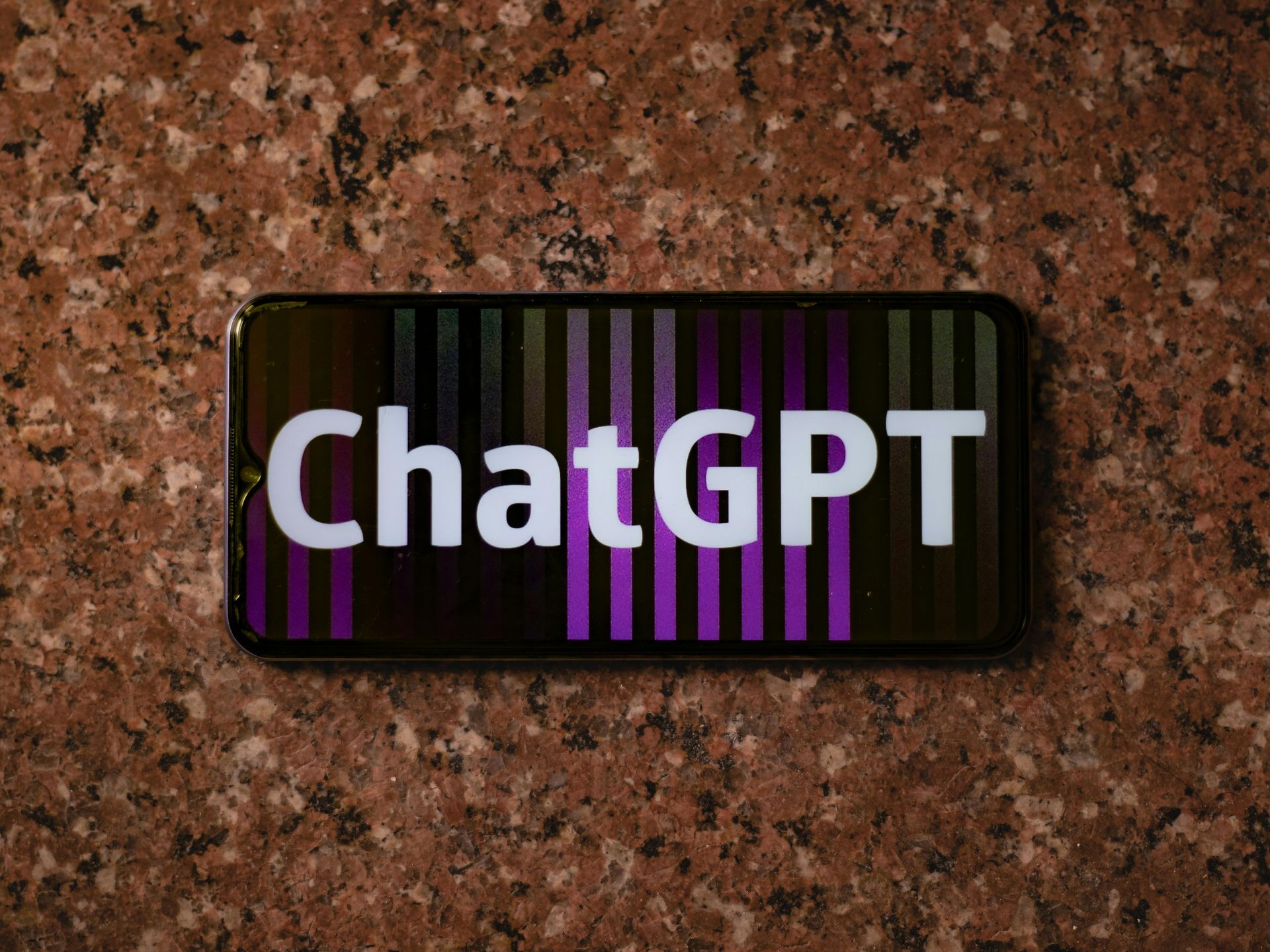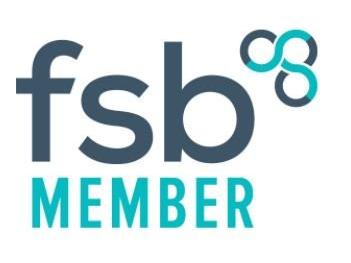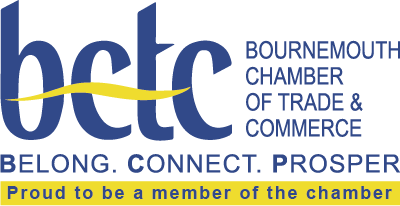Why CRM Is a Game-Changer for Small Businesses: Benefits and Best Practices
How Small Businesses Can Leverage CRM for Growth and Success.

Small businesses often face the challenge of managing customer relationships efficiently while balancing growth and resources. In a world where customer expectations are rising, and competition is fierce, Customer Relationship Management (CRM) systems have emerged as an essential tool for helping small businesses thrive. CRMs have evolved beyond just storing contact details—they now offer a robust solution for streamlining operations, enhancing customer experience, and ultimately driving business growth. But how exactly does a CRM benefit small businesses, and what are the best practices for making the most out of it?
The Benefits of Using a CRM for Small Businesses

Improved Organisation and Efficiency
Running a small business means juggling multiple responsibilities, from managing customer queries to keeping up with marketing efforts. Without a CRM, customer data might be scattered across spreadsheets, emails, or even sticky notes, which can lead to missed opportunities and inefficient processes. A CRM centralises all your customer information, making it easier to track interactions, follow up on leads, and manage tasks systematically.
For example, instead of searching through emails to find a customer's last query, you can simply pull up their CRM profile and see all interactions in one place. This improved organisation saves time, reduces the likelihood of errors, and ensures no leads or customers slip through the cracks.
Enhanced Customer Experience
In today's business landscape, customers expect personalised and timely service. A CRM enables small businesses to offer exactly that. By storing detailed information about your customers—such as their purchase history, preferences, and interaction records—a CRM allows you to tailor your communications and provide a more personalised experience.
Imagine you run a small online store. With a CRM, you can send personalised recommendations based on a customer’s past purchases or follow up with them at the right time. This personal touch goes a long way in building customer loyalty and satisfaction.
Data-Driven Decision Making
For small businesses, making informed decisions can be the difference between growth and stagnation. A CRM system provides valuable insights into customer behaviours, sales trends, and marketing effectiveness. By analysing this data, you can identify which customers are most valuable, which products are performing well, and where your marketing efforts need improvement.
This data-driven approach not only helps you optimise your business strategies but also allows you to allocate resources more efficiently, ensuring you get the most return on investment from your efforts.
Streamlined and Automated Marketing Tools
A robust CRM system does more than store customer data—it integrates with powerful marketing and sales tools to automate and simplify your campaigns, saving time and improving efficiency. Platforms like Go High Level take this further by offering all-in-one automation features that cater to every stage of your customer journey.
With tools such as automated follow-ups, lead nurturing workflows, and customer segmentation, you can create seamless experiences that feel personal without the manual workload. Here’s how Go High Level's marketing automation features help you streamline your efforts:
Automated Follow-Up Sequences: Send timely and relevant emails, text messages, or voice drops to leads based on their interactions. Whether it's a welcome series for new leads or a re-engagement campaign for inactive prospects, you stay top of mind without lifting a finger.
Customer Segmentation for Targeted Campaigns: Go High Level allows you to segment your audience by behaviour, demographics, or stage in the sales funnel. This ensures that your messaging hits the right audience with precision, improving engagement and conversion rates.
Sales Funnel Integration: Automatically guide leads through your sales funnel with well-timed offers and nurture content. Track progress at every step, from lead capture forms to appointment scheduling and purchases.
Multi-Channel Campaigns: With Go High Level, you can create unified campaigns that span email, SMS, and even social media messaging, ensuring consistent touchpoints across platforms.
Real-Time Insights to Supercharge Your Strategy
Marketing automation doesn’t just make your campaigns more efficient—it makes them smarter. Go High Level’s dashboard provides real-time insights into your campaigns' performance, helping you see which leads are:
- Opening emails and clicking on offers
- Booking appointments or making purchases
- Engaging with specific touchpoints like landing pages or social ads
This data empowers you to refine your strategy on the fly. If a particular email sequence is underperforming, you can A/B test new approaches, adjust messaging, or retarget leads who showed interest but didn’t convert.
Why Automation Matters
By automating repetitive tasks and gaining clear visibility into your marketing efforts, you can:
- Focus more on high-value activities like closing sales
- Increase lead conversion rates through timely and relevant communication
- Improve customer retention with consistent follow-ups and personalised offers
Investing in a CRM with marketing automation, like Go High Level, isn’t just about convenience—it’s about maximising your ROI and building stronger customer relationships. If you're ready to boost your efficiency and revenue, now's the time to harness the power of streamlined automation.
Better Collaboration Across Teams
Even in small businesses, there can be challenges with team collaboration, particularly when different departments are handling customer data separately. CRMs provide a shared platform where everyone can access up-to-date customer information. This ensures that everyone is on the same page, whether it's your sales, marketing, or customer service team. Improved collaboration leads to more seamless customer interactions, as team members can easily pick up where someone else left off without confusion.
Best Practices for Using CRM Effectively

Having a CRM is one thing, but knowing how to use it effectively is another. Here are some best practices to help small businesses maximise the benefits of their CRM system:
Choose the Right CRM for Your Business Needs
Not all CRMs are created equal, and it is essential to choose one that fits the specific needs of your business. Some CRMs are tailored more for sales teams, while others may have stronger marketing automation features. Consider the size of your business, your industry, and your specific goals when selecting a CRM system. Look for one that is user-friendly and scalable as your business grows.
Train Your Team
The success of a CRM implementation largely depends on how well your team uses it. Make sure that everyone in your organisation is trained on how to use the CRM effectively. This may involve initial onboarding sessions, ongoing training, and regular updates as new features are introduced. The better your team understands the system, the more likely they are to use it consistently and efficiently.
Keep Data Clean and Updated
A CRM is only as good as the data it holds. Make it a priority to keep customer information up to date. Remove duplicates, update outdated contact information, and ensure that notes and records are accurate. This will improve the effectiveness of your CRM and ensure that your marketing, sales, and customer service efforts are aligned.
Leverage Automation Features
One of the key benefits of CRM systems is the ability to automate repetitive tasks, such as sending follow-up emails or scheduling reminders. Take advantage of these features to free up time for more strategic work. Automating tasks not only saves time but also ensures that no important actions are missed.
Monitor and Measure Success
Regularly review the performance of your CRM and how it is benefiting your business. Are you seeing improvements in customer satisfaction? Are your sales and marketing efforts more efficient? Use CRM analytics and reporting tools to monitor key performance indicators (KPIs) and adjust your strategies as needed.
Conclusion
For small businesses, a CRM system is more than just a tool—it is a game-changer. By improving organisation, enhancing customer experience, and offering data-driven insights, CRMs help businesses streamline their operations and focus on growth. When used effectively, a CRM can be a powerful asset, helping small businesses compete with larger companies and better serve their customers.
If you are looking to take your business to the next level with CRM, let Overt Digital Media help you choose the right system and develop a strategy for success. Visit us at
www.overtdigitalmedia.com to learn more about how we can support your growth.














